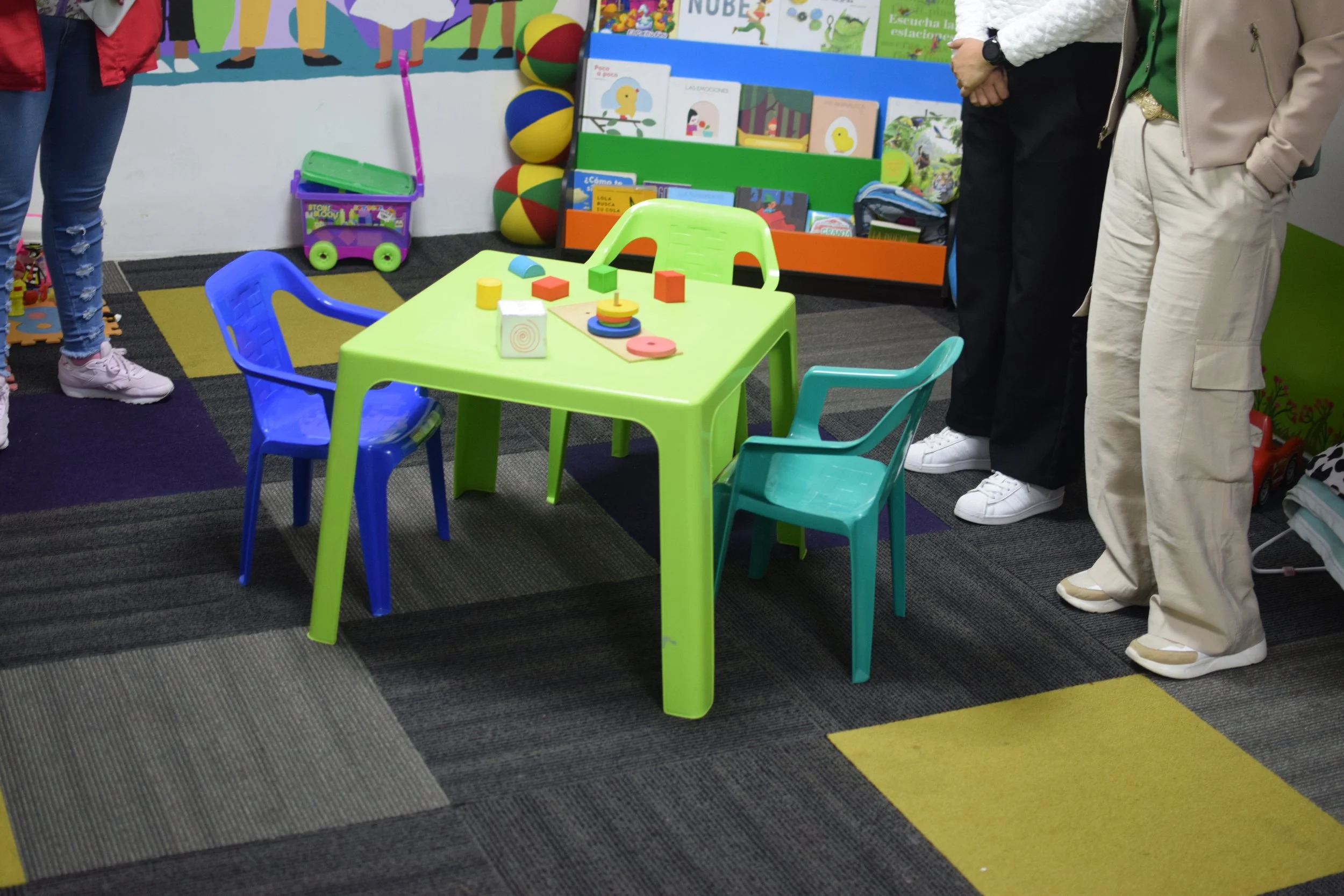
Rehearsal Infrastructure
Carlos José Celis
Through video and photographs, Rehearsal Infrastructure portrays public buildings in Bogotá, Colombia, that lack a definitive script and instead adapt (improvise) their purposes based on emerging daily necessities. One day, the building serves as a middle school for older adults, while on other days, it functions as a legal counseling center for addressing domestic violence, an entrepreneurship advisory office, a yoga center for women, a soup kitchen, a bureaucratic office, or a public laundromat. The infrastructure rehearses and performs different scripts daily, sometimes even contradictory ones. This project is an audiovisual essay reflecting on new shapes of the public realm, baroque economies, and heterotopias in the Global South.
Carlos is a designer and Ph.D. Student in Public and Urban Policy at The New School. He has a BA in Design (2017) and a Master of Public Policy (2020) from Universidad de los Andes. His design and research interests include caregiving policies, public health, and environmental culture. From 2017-2020, he worked as a strategic design consultant for health and financial services in various Latin American countries, and from 2020-2022, he led the environmental culture policy team of the Bogotá City Government. Since then, he has worked as a research assistant for Milano Research Hub, the Institute on Race, Power and Political Economy, and The Urban Space Lab.
Carlos's dissertation research focuses on the political economy of caregiving systems. He is interested in understanding and addressing the caregiving phenomenon through various lenses: the gender gap; labor practices, including household work and time allocation; care infrastructure of hospitals, households, community centers; caregiving as an urban spatial practice; and the socio-cultural networks of caregiving. He is working on The Care System of Bogotá as a case study, while looking to explore other cities as well.
Because conceptions and practices of care range across multiple social fields, Carlos's research questions usually require engaging with mixed methods. Furthermore, as a designer and policy analyst, he is not only interested in understanding and describing social phenomena, but also in forwarding policy recommendations and alternatives for social transformation.
